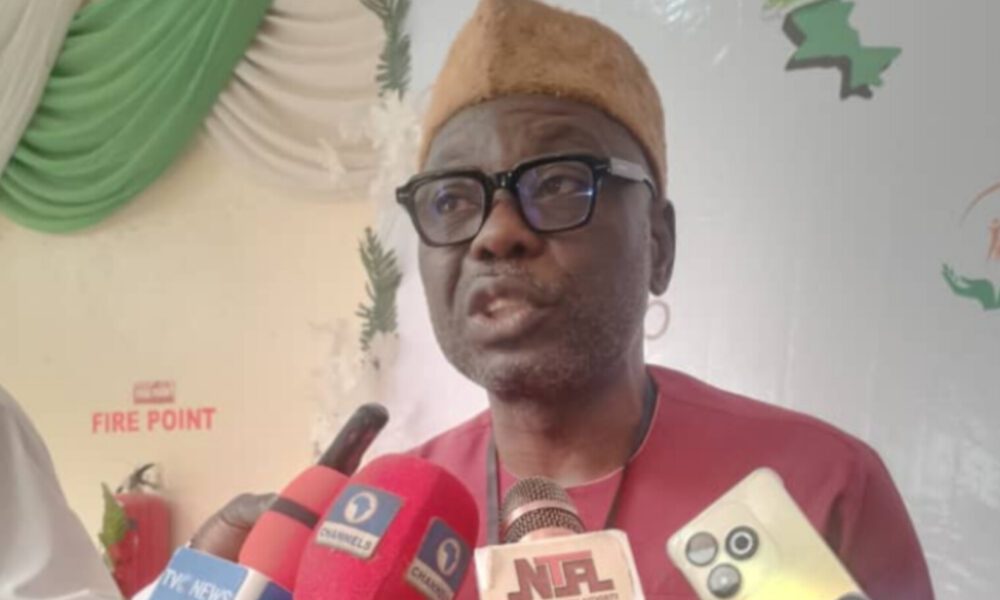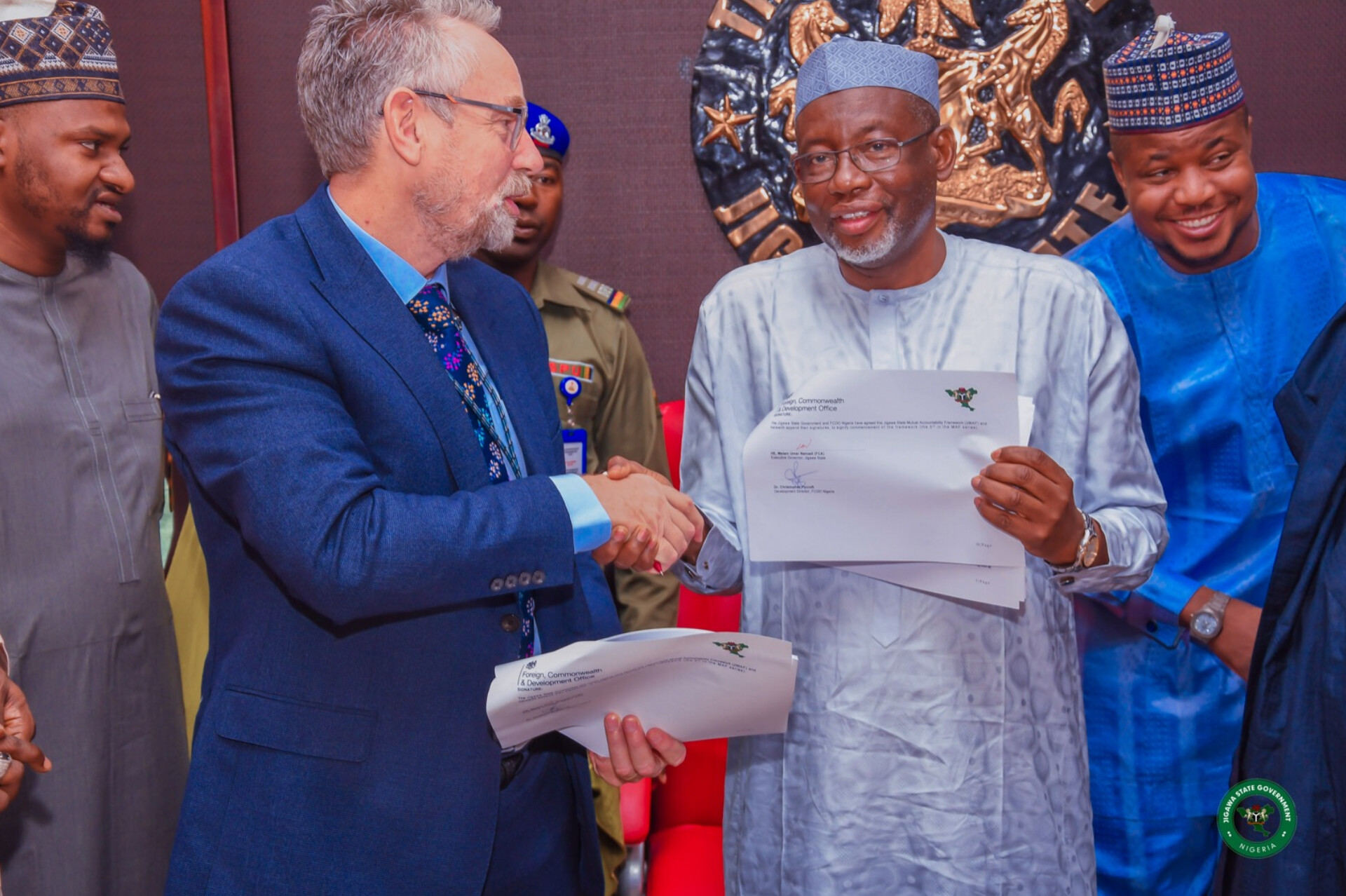By Ahmed Rufa’i, Dutse
The United States Agency for International Development (USAID) has officially delivered a $3.5m Water, Sanitation, and Hygiene (WASH) project to the governments of Jigawa and Kano states to boost public health and infrastructure
The handover ceremony took place at the Manpower Development Institute in Dutse, Jigawa State.

The WASH project, part of the Water Improvement and Sanitation Enhancement (WISE) initiative, was aimed at reducing waterborne diseases among vulnerable populations, particularly children, women, and the elderly, in underserved and rural communities of Jigawa and Kano.
The three-year project, which took off on August 1, 2021, has successfully improved water access and sanitation for thousands of residents.
Chief of Party for the WISE project, Mr. Simeon Nyiakaa, said the initiative has provided basic water services to 66,000 people and basic sanitation to 123,000 across the two states.
“It also involved the installation of 55 improved water supply systems and 50 sanitation facilities in public institutions, including schools and healthcare centers.”
According to him, in Jigawa State, the project made a notable impact in 32 communities, particularly in Kaugama and Miga Local Government Areas.
“The initiative included training 62 water caretakers, establishing over 100 water, sanitation, and hygiene committees (WASHCOMs), and installing improved water facilities that now serve over 42,000 residents.
“The project also focused on empowering women, with 193 female facilitators trained in financial literacy and business skills, leading to the formation of 89 Village Savings and Loans Associations (VSLA), benefiting over 1,350 members.
During the ceremony, Jigawa State’s Commissioner of Water Resources, Mal. Ibrahim Garba, pledged ongoing support for the project and emphasized the government’s commitment to maintaining the sustainability of the WASH facilities.
The USAID’s investment is expected to significantly improve the quality of life for residents by providing reliable access to clean water and sanitation, thus reducing the prevalence of waterborne diseases in the affected communities.



